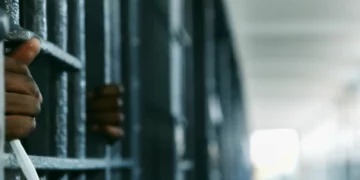Health professionals in Nigeria have made a case for holistic tackling of drugs misuse, saying there is the need for multidimensional approach to creating a drug free society.
The experts spoke at the “Fly Above the High Conference” in Abuja with a theme titled: “A multi-dimensional approach to creating a drug-free society.”
In their lecture papers made available on Thursday, one of the guests speakers, Dr. Adekunle Adesina said that the effect of addiction is rarely limited to the person with the addiction but everyone around him or her is affected in some way.
According to Adesina, addiction, which is a chronic, relapsing disorder characterized by compulsive drug seeking and use despite adverse consequences, is considered a brain disorder because it involves functional changes to the brain circuits involved in reward, stress, and self-control.
Adesina also cited a report by the United Nations Office on Drug and Crime in Nigeria which indicates that, “14.4 per cent (14.3 million) of people aged between 15 and 64 years abuse drugs.
He said, “It is estimated that more than eight million children younger than age 18 live with at least one adult who has a SUD that is a rate of more than one in 10 children
“The majority of these children are younger than age five (U.S. Department of Health and Human Services [USDHHS], 2010) on parental drug use which is considered the chronic misuse of substances by a parent or care-giver in charge of a child.
“A large body of evidence spanning several decades has documented that the children of parents who abuse alcohol, tobacco, and drugs (henceforth collectively referred to as parental substance abuse) are more likely to develop a variety of emotional, behavioral, physical, cognitive, academic, and social problems in the future.
“Parental substance abuse interrupts a child’s normal development, which places these youngsters at higher risk for emotional, physical and mental health problems. elucidating further he said that it is important for the whole family goes into treatment.
“To help them understand the disease of addiction, understand why their loved ones did some of the things they did, take care of deep-seated resentment and healing of old wounds, addiction feeds off ignorance and denial–both from the persons suffering from it and the people surrounding them.“











